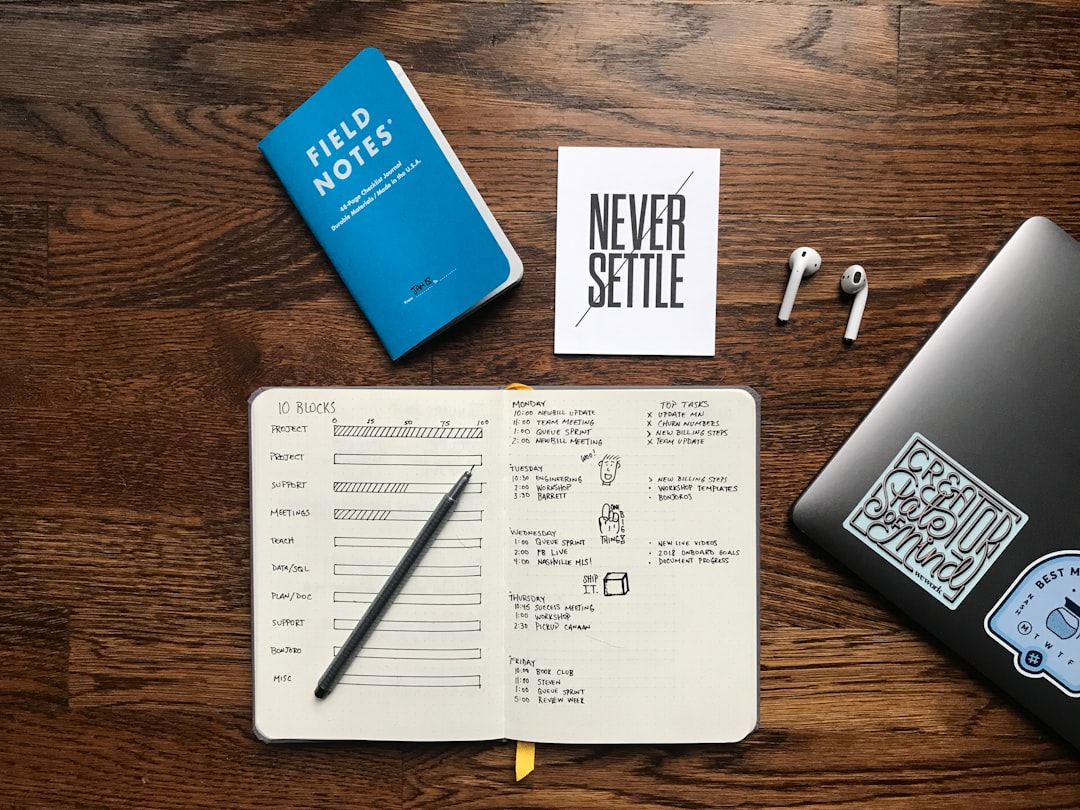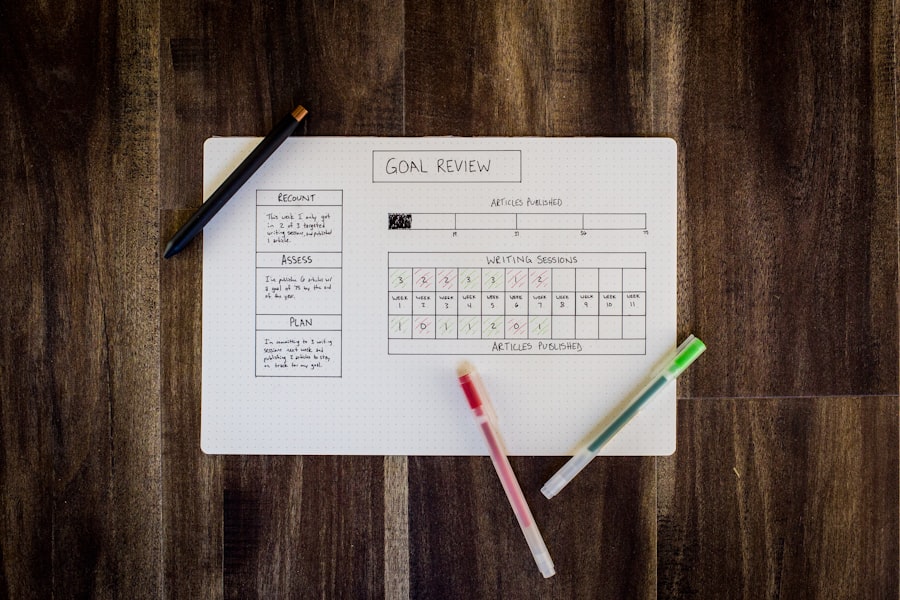
Work ethic is a multifaceted concept that encompasses an individual’s attitude toward work, their commitment to performing tasks diligently, and the values they uphold in a professional setting. It is often characterized by traits such as reliability, responsibility, and a strong sense of integrity. A robust work ethic is not merely about the number of hours one puts in; it is about the quality of work produced and the dedication to achieving excellence.
Individuals with a strong work ethic tend to take pride in their accomplishments, often going above and beyond what is required to ensure that their work meets or exceeds expectations. Moreover, work ethic is influenced by various factors, including cultural background, personal experiences, and the environment in which one operates. For instance, in some cultures, hard work is seen as a virtue and is deeply ingrained in societal values.
In contrast, other cultures may prioritize work-life balance over relentless pursuit of productivity. Understanding these nuances can help individuals cultivate a work ethic that aligns with their personal values while also meeting the demands of their professional roles. Ultimately, a strong work ethic can lead to greater job satisfaction, improved performance, and enhanced career prospects.
Key Takeaways
- Work ethic is the foundation of success and involves dedication, discipline, and a strong sense of responsibility.
- Setting clear and achievable goals is essential for staying focused and motivated in the workplace.
- Developing a strong work routine helps to create structure and consistency, leading to increased productivity and efficiency.
- Prioritizing tasks and managing time effectively are crucial for meeting deadlines and avoiding unnecessary stress.
- Maintaining focus and discipline requires self-control, resilience, and the ability to block out distractions.
Setting Clear Goals and Objectives
Setting clear goals and objectives is a fundamental step in achieving success in any endeavor. Goals provide direction and purpose, serving as a roadmap that guides individuals toward their desired outcomes. When goals are specific, measurable, achievable, relevant, and time-bound (SMART), they become powerful motivators that can drive individuals to take action.
For example, rather than setting a vague goal like “I want to be successful,” a more effective approach would be to define what success looks like—such as “I want to increase my sales by 20% within the next quarter.” This clarity not only helps in tracking progress but also instills a sense of accountability. In addition to setting individual goals, it is equally important to align these objectives with broader organizational aims. This alignment ensures that personal efforts contribute to the overall mission of the organization, fostering a sense of belonging and purpose among employees.
For instance, if an organization aims to enhance customer satisfaction, an employee might set a goal to improve their response time to customer inquiries. By establishing clear objectives that resonate with both personal aspirations and organizational goals, individuals can create a synergistic effect that propels them toward success.
Developing a Strong Work Routine

A strong work routine is essential for maximizing productivity and maintaining focus throughout the day. Establishing a consistent schedule helps individuals develop habits that promote efficiency and effectiveness. For instance, many successful professionals begin their day with a morning routine that includes activities such as exercise, meditation, or planning their tasks for the day.
This structured approach not only sets a positive tone for the day but also prepares the mind for the challenges ahead. Moreover, incorporating regular breaks into a work routine can significantly enhance overall performance. Research has shown that taking short breaks during intense periods of work can improve concentration and reduce fatigue.
Techniques such as the Pomodoro Technique—where individuals work for 25 minutes followed by a 5-minute break—can help maintain high levels of focus while preventing burnout. By developing a strong work routine that balances focused work periods with restorative breaks, individuals can optimize their productivity and sustain their energy levels throughout the day.
Prioritizing Tasks and Time Management
| Task | Priority | Time Required |
|---|---|---|
| Meeting with team | High | 1 hour |
| Responding to emails | Medium | 30 minutes |
| Project research | High | 2 hours |
| Administrative tasks | Low | 45 minutes |
Effective prioritization of tasks is crucial for managing time efficiently and ensuring that important responsibilities are addressed promptly. The Eisenhower Matrix is a popular tool that helps individuals categorize tasks based on urgency and importance. By distinguishing between what is urgent and what is important, individuals can focus on high-priority tasks that align with their goals while delegating or postponing less critical activities.
For example, responding to an urgent client request may take precedence over organizing files that can wait until later. Time management also involves recognizing one’s peak productivity hours and scheduling demanding tasks accordingly. Some individuals may find they are most alert and focused in the morning, while others may hit their stride later in the day.
By aligning tasks with these natural rhythms, individuals can enhance their efficiency and produce higher-quality work. Additionally, utilizing digital tools such as calendars and task management apps can aid in tracking deadlines and commitments, ensuring that nothing falls through the cracks.
Maintaining Focus and Discipline
Maintaining focus and discipline in an increasingly distracting world is one of the greatest challenges faced by professionals today. The proliferation of digital devices and social media has made it all too easy to become sidetracked by notifications or irrelevant content. To combat this, individuals must cultivate an environment conducive to concentration.
This may involve creating a dedicated workspace free from distractions or utilizing techniques such as noise-canceling headphones to minimize auditory interruptions. Discipline plays a pivotal role in sustaining focus over time. It requires individuals to resist temptations that may divert their attention from their tasks at hand.
Additionally, practicing mindfulness techniques can help individuals develop greater awareness of their thoughts and impulses, enabling them to redirect their focus when distractions arise.
Overcoming Challenges and Adversity

Challenges and adversity are inevitable aspects of any professional journey. Whether it’s facing tight deadlines, navigating workplace conflicts, or dealing with unexpected setbacks, how individuals respond to these challenges can significantly impact their growth and success. Resilience—the ability to bounce back from difficulties—is a key trait that enables individuals to overcome obstacles effectively.
Building resilience involves developing coping strategies such as reframing negative thoughts into positive ones or seeking support from colleagues or mentors during tough times. Moreover, viewing challenges as opportunities for growth can shift one’s perspective on adversity. For instance, an employee who receives critical feedback on a project might initially feel disheartened but can choose to view this feedback as a chance to learn and improve their skills.
Embracing a growth mindset fosters adaptability and encourages individuals to take calculated risks rather than shying away from challenges due to fear of failure.
Seeking Continuous Improvement and Growth
The pursuit of continuous improvement is essential for personal and professional development. Individuals who actively seek opportunities for growth are more likely to stay relevant in an ever-evolving job market. This commitment to lifelong learning can take many forms—attending workshops, pursuing certifications, or engaging in self-directed study through books and online courses.
For example, a marketing professional might enroll in digital marketing courses to stay abreast of the latest trends and tools in the industry. Feedback plays a crucial role in this process as well. Actively seeking constructive criticism from peers or supervisors can provide valuable insights into areas for improvement.
By embracing feedback rather than viewing it as a personal attack, individuals can identify specific skills or behaviors they need to develop further. This proactive approach not only enhances individual capabilities but also contributes positively to team dynamics and overall organizational performance.
Finding Balance and Avoiding Burnout
In today’s fast-paced work environment, finding balance between professional responsibilities and personal life is paramount for long-term well-being. The risk of burnout—characterized by emotional exhaustion, cynicism, and reduced efficacy—has become increasingly prevalent among professionals across various industries. To mitigate this risk, individuals must prioritize self-care practices that promote physical and mental health.
Regular exercise, adequate sleep, and healthy eating habits are foundational elements that support overall well-being. Additionally, setting boundaries between work and personal life is essential for maintaining balance. This may involve establishing specific work hours and resisting the urge to check emails or engage in work-related tasks during personal time.
By consciously cultivating balance in their lives, individuals can enhance their resilience against burnout while fostering greater satisfaction both personally and professionally.
If you’re interested in enhancing your work ethic and becoming more results-oriented, you might also find value in exploring the concept of maintaining a positive attitude at work. A positive attitude can significantly complement your work ethic, influencing both your productivity and workplace relationships. For more insights on how to cultivate and maintain a positive outlook in your professional environment, consider reading the related article, “Soft Skills: Positive Attitude,” available here: Soft Skills: Positive Attitude. This resource provides practical tips and strategies to help you stay motivated and effective at work.
FAQs
What are soft skills?
Soft skills are non-technical skills that relate to how you work. They include communication, teamwork, problem-solving, time management, and work ethic.
What is work ethic?
Work ethic refers to a set of values and behaviors that contribute to a person’s productivity and effectiveness in the workplace. It includes qualities such as reliability, punctuality, dedication, and a strong sense of responsibility.
What does it mean to be results-oriented in the workplace?
Being results-oriented means focusing on achieving specific outcomes and delivering high-quality work. It involves setting clear goals, prioritizing tasks, and taking proactive steps to ensure that objectives are met.
Why is work ethic important in the workplace?
A strong work ethic is important because it contributes to a positive work culture, enhances productivity, and builds trust among colleagues and supervisors. It also reflects a person’s commitment to their job and the organization.
How can one demonstrate a results-oriented work ethic?
Demonstrating a results-oriented work ethic involves setting clear goals, staying focused on priorities, being proactive, and taking ownership of tasks. It also involves being adaptable and willing to learn from both successes and failures.





